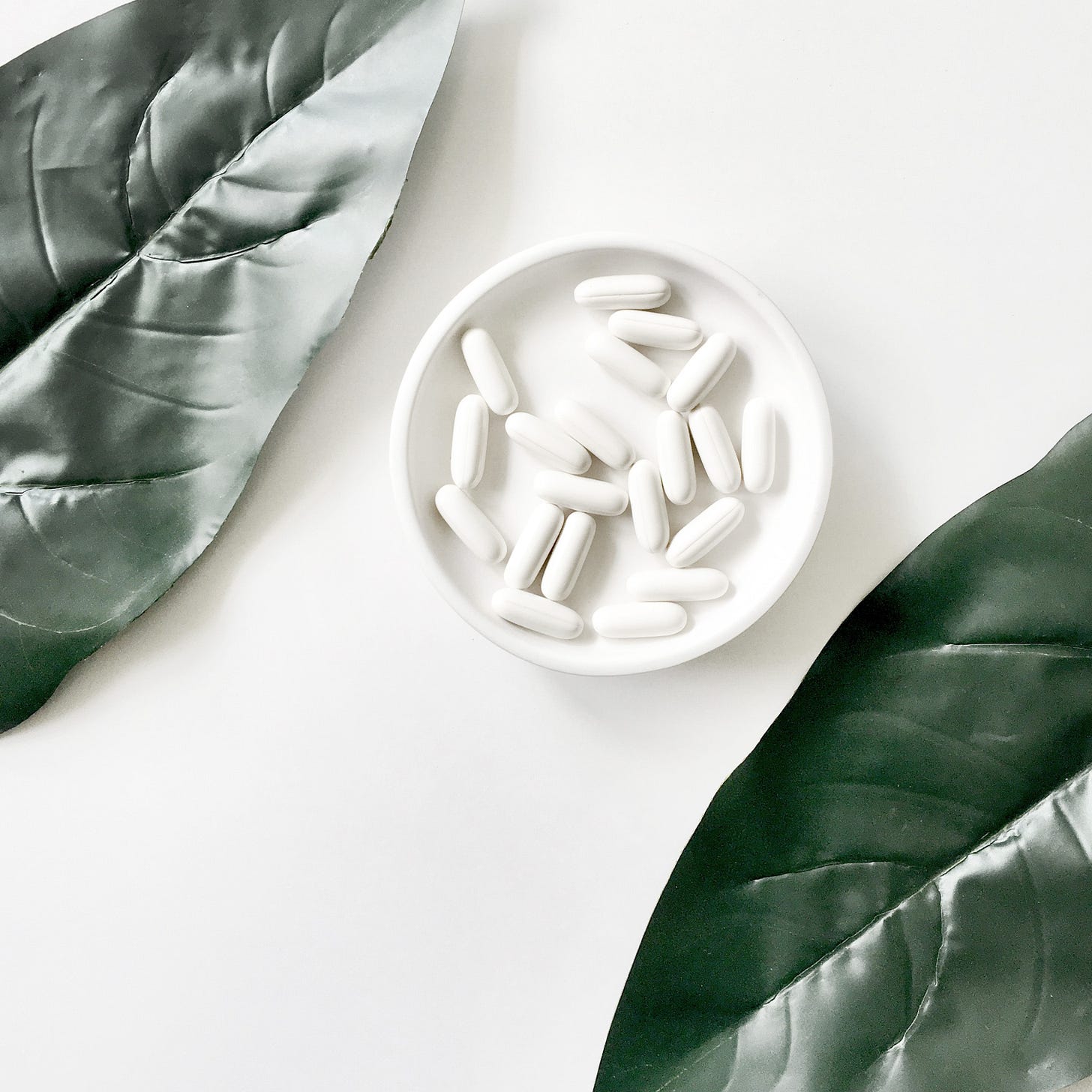Acetaminophen and Pregnancy: What Expectant Mothers Should Know
(and Safe Natural Pain Alternatives)
You may have heard of recent headlines regarding Acetaminophen and an alleged increased risk of ADHD and Autism in children. In light of the FDA announcing the new labeling warning consumers about acetaminophen use in pregnancy, I want to unpack some of the facts and offer calm, practical advice, including safe natural remedies from the perspective of your pharmacist.
What Does The Evidence Actually Show
Several small studies have been done in the past to examine whether prenatal acetaminophen exposure can increase the risk of ADHD or Autism in children.
A 2024 JAMA study by Ahlqvist and colleagues found no significant increase in autism or ADHD risk among children exposed in utero.
Earlier studies, such as Gustavson et al. (2021) and Alemany et al. (2021), suggested a small statistical association with long-term (over one month) in maternal use, but the data were inconsistent.
A large 2025 Japanese study by Okubo and colleagues reported no link at all between maternal acetaminophen use and neurodevelopmental delay.
In short, the evidence shows association, NOT causation.
What Are The Major Health Organizations saying
The FDA maintains that acetaminophen remains “the safest analgesic for pregnant patients when needed.”
The American College of Obstetricians and Gynecologists (ACOG) reaffirmed this stance in its 2025 statement.
The Society for Maternal-Fetal Medicine (SMFM) echoed that current guidelines remain unchanged.
By contrast, NSAIDs such as ibuprofen or naproxen are associated with miscarriage and fetal kidney issues, and are generally not recommended, particularly in late pregnancy.
A Natural Pharmacist’s Stepwise Approach to Pain in Pregnancy
As a pharmacist grounded in integrative care, I recommend starting with non-drug measures to reduce systemic exposure to medications and minimize fetal risk. Here’s how I would approach this:
1. Nondrug Measures First
Warm or cold compresses for muscle strain.
Prenatal yoga or gentle stretching.
Supportive pillows and posture aids.
Adequate hydration, rest, and mindful breathing.
2. Topical Relief Options
Lidocaine gels or patches for surface-level pain.
Capsicum-based topicals for localized cooling relief.
3. Medication When Needed
Use acetaminophen PRN, at the lowest effective dose for the shortest duration.
Acceptable for fevers > 102 °F, since untreated fever may endanger the fetus.
Final Takeaway
While new labeling may create confusion, acetaminophen’s medication profile in pregnancy remains unchanged, and short-term use is still considered safe.
Non-drug and natural strategies should always be tried first, and combining evidence-based pharmacology with gentle natural approaches can empower mothers to manage pain safely.
Your body already knows how to heal; our role is to support that process wisely.
In health, as always
Dr A.
Disclaimer: I’m a licensed pharmacist, but this post is for educational purposes only and not a substitute for personalized medical advice. Everyone’s health needs are unique — please consult your healthcare provider before starting or changing any supplement, medication, or treatment plan.



